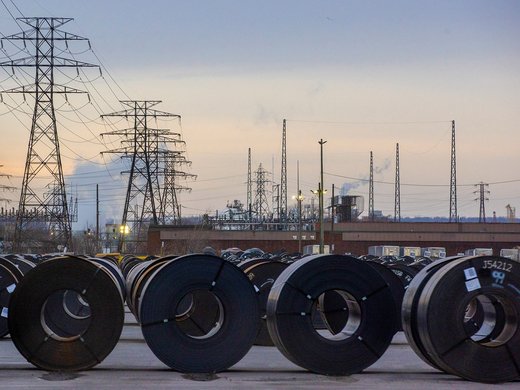Climate change is a particularly acute issue for Africa, as the continent’s already fragile environment has been severely impacted. Over 60 percent of Africans rely on some form of subsistence agriculture for at least part of their livelihoods. Thus, the people who are least able to deal with the effects of the climate crisis are those being hurt the most. Climate disinformation is an existential risk for many on the continent: misinformation can decrease support for effective mitigation policies and also significantly limit effective adaptation measures. As weather patterns become more extreme and erratic, it is imperative that Africans are equipped with reliable, timely and accurate information about how best to deal with the changing climate. Any efforts that limit or counter such information flows can be extremely damaging to the global fight against climate change and can mean the difference between life and death for many Africans. In order to counter harmful climate disinformation in Africa, policies must centre around fact-checking mechanisms; educating communities about climate change and the realities of disinformation; empowering communities to develop local solutions; utilizing technology and digital platforms as positive tools; and encouraging partnerships between global entities and local stakeholders.


